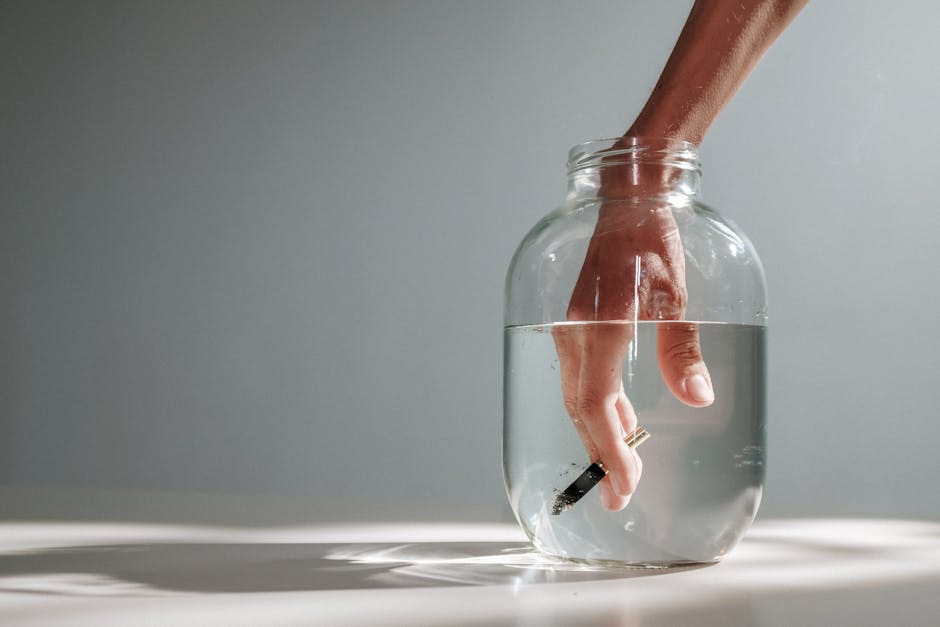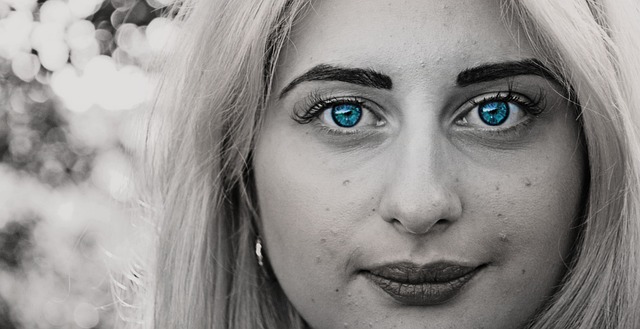How To Cure Acne: A Comprehensive Guide
Acne, a common skin condition that affects millions worldwide, can be a frustrating and embarrassing problem. While there is no one-size-fits-all cure, understanding the causes, types, and effective treatments can help you achieve clearer skin.
**Causes of Acne**
Acne occurs when oil glands in the skin produce excess sebum, which can clog pores and create a breeding ground for bacteria. This bacteria, known as Propionibacterium acnes (P. acnes), triggers inflammation and the formation of pimples, blackheads, and whiteheads.
Factors that can contribute to acne include:
* Hormonal changes during puberty, menstrual cycles, or pregnancy
* Stress
* Certain medications
* Genetics
* Certain foods
**Types of Acne**
There are different types of acne, each with its own characteristics:
* **Non-inflammatory acne:** Includes blackheads and whiteheads, which are clogged pores that appear as small bumps on the skin.
* **Inflammatory acne:** Includes pimples, pustules, and cysts. These are more severe and can cause redness, swelling, and pain.
**Effective Treatments**
Treating acne effectively requires a multi-pronged approach that addresses the underlying causes and symptoms. Here are some proven methods:
* **Topical medications:** Over-the-counter or prescription topical medications containing ingredients like benzoyl peroxide, salicylic acid, or retinoids can help kill bacteria, unclog pores, and reduce inflammation.
* **Oral medications:** For moderate to severe acne, oral antibiotics, such as tetracycline or erythromycin, can be prescribed to kill bacteria and reduce inflammation.
* **Hormonal therapy:** For acne caused by hormonal imbalances, birth control pills or other hormonal treatments may be recommended.
* **Lifestyle changes:** Reducing stress, eating a healthy diet, and getting adequate sleep can all contribute to improved skin health.
**Additional Tips**
In addition to the main treatments, here are some additional tips that can help you manage acne:
* Cleanse your skin twice a day with a gentle cleanser.
* Avoid scrubbing your skin, as this can irritate and worsen acne.
* Use non-comedogenic skincare products that won't clog pores.
* Protect your skin from the sun with sunscreen.
* Avoid touching or picking at your pimples, as this can spread bacteria and lead to scarring.
* Consult a dermatologist for personalized advice and treatment options.
**Conclusion**
Curing acne can be a challenging process, but with the right approach, it is possible to achieve clearer, healthier skin. Understanding the causes, types, and effective treatments will empower you to develop a personalized plan that addresses your specific needs. Remember to be patient and consistent with your treatment, as it may take time to see significant results.


